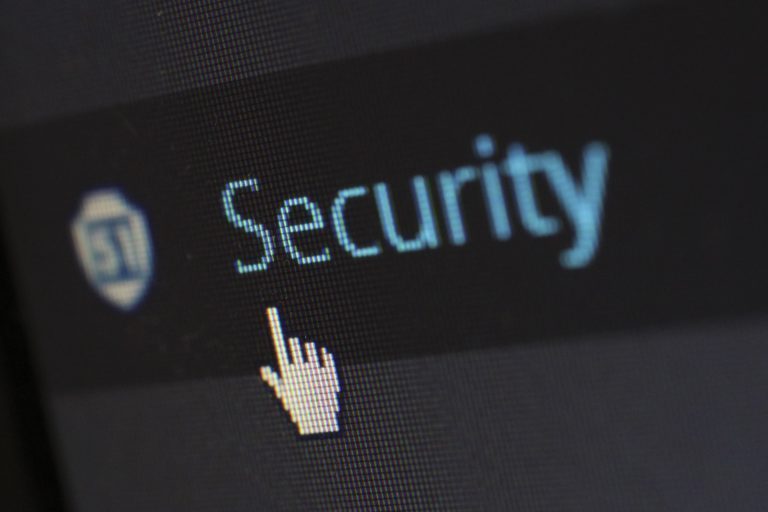Most Internet users do not pay attention to the URL in the address bar. Some may still notice the small lock symbol when the Internet address starts with HTTPS, but few know what exactly the difference is between HTTP or HTTPS. Why this is important and why you should pay attention to it when using public WIFI, read here.
The difference between HTTP and HTTPS
The HTTP protocol (Hypertext Transfer Protocol) is used to transmit data in networks. This technical standard defines how a web client communicates with a server to load and display the data requested by the client. HTTP is specifically used in IP-based networks for transferring websites from a server to a browser. The default HTTP connection on the Internet is unencrypted. This means that all your activities on websites whose web address starts with HTTP can be viewed.
Due to the insecure data transfer between client and server, the HTTPS protocol was developed. The protocol, more precisely SSL/TLS, uses end-to-end encryption and server authentication. As a rule, the web servers authenticate themselves to the web browser with a certificate.
The difference with HTTP is the encryption, where the security of HTTPS depends on the encryption technique used. SSL is currently considered secure.
How secure is HTTPS?
Internet users leave traces on the Internet day in, day out; for example, they enter account data when banking online, deposit credit card information when shopping online, or send e-mails. Encryption with an HTTPS connection prevents access to your personal data.
Using https:// prevents phishing – obtaining personal information with fake emails or websites. The goal and purpose of HTTPS is to offer users more security and data protection on the World Wide Web. Encrypted HTTPS can be recognized by the beginning of a URL with “https://” instead of “http://” and by the lock symbol in the address bar of the browser.
Advantages of HTTPS
- Security and privacy: HTTPS, compared to HTTP, encrypts information during transmission between server and client.
- No additional software installation required: For Internet users, accessing HTTPS websites is possible without any additional effort. The identity verification through the certificate also creates trust among customers.
HTTPS disadvantages
- Additional costs for website operators: Depending on the purpose and benefit, the certificates cost different amounts. As traffic increases, so do prices.
- Increased response time: SSL encryption requires the server to calculate significantly more, which slows down the response. With a contemporary server, however, this is hardly worth mentioning.
- Malicious websites use HTTPS: Phishing websites can also use HTTPS to trick people into a false sense of security.
- Location requests: HTTPS automatically requests the location of the website from a DNS server. Hackers can tap into this unencrypted information if they have infiltrated their own network.
- DNS spoofing: DNS spoofing involves manipulation of DNS name resolution. In this specific case, the IP address belonging to a domain is forged. When calling the domain, you are redirected to a wrong server. Malware can then possibly be found there, which you involuntarily get on your computer during this time.
HTTPS has some vulnerabilities. Secure data transmission is not enough to completely protect the data – it must also be stored securely by the recipient. A virtual private network is the ideal solution here.
Secure encryption with VPN
Public WLAN networks in particular are associated with risks due to DNS leaks and DNS spoofing attacks. If you frequently use public networks, a VPN is a worthwhile investment in protecting your privacy and data.
Very good VPN providers have the latest encryption methods. A VPN masks your IP address and thus hides your location. You avoid tracking your digital fingerprints and reduce the risk of falling victim to cybercrime with a VPN connection.
High quality VPN service DN8
Free VPNs are rarely actually free. Nobody provides their services for free: Either, you are inundated, with advertising, or pay with your data, which is sold to third-party providers.
We do not track or log your private data! With Panamatele your data remains private. With us, you can protect up to 25 endpoints simultaneously. It is especially worthwhile if you have many end devices, whether Windows laptop, Mac or Samsung smartphone.
If you always turn on your VPN and browse only HTTPS sites, you will get the best possible security on the Internet.







